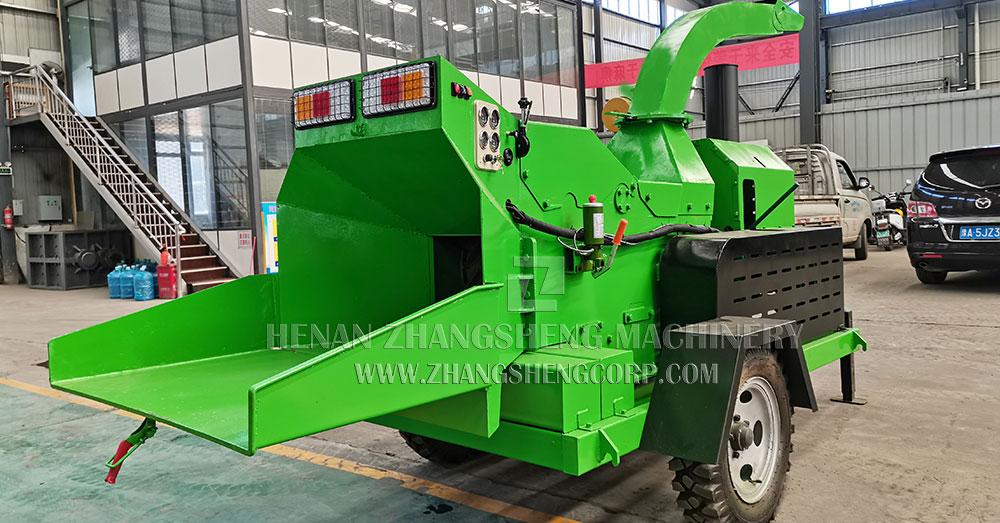Wood chippers are valuable investments for both residential and commercial users, helping to turn bulky branches and debris into useful chips for landscaping, composting, and other applications. However, to ensure that your wood chipper continues to perform optimally and lasts for years, proper maintenance is crucial.
Why Wood Chipper Maintenance is Important
Regular maintenance is essential for ensuring that your wood chipper operates efficiently and safely. Neglecting maintenance can lead to:
Decreased Efficiency and Performance
A poorly maintained chipper will gradually lose its ability to handle materials efficiently. Dull blades, clogged feed chutes, and worn-out parts can all slow down the chipping process, leading to longer job completion times. Moreover, a machine that is not running at peak efficiency will consume more fuel (in gas models) or electricity (in electric models), increasing operating costs.

Increased Wear and Tear
Like any machinery, wood chippers are subject to wear and tear over time. Regular maintenance helps reduce the rate of degradation of key components, such as the engine, blades, and feed mechanisms. Failure to perform routine checks can result in parts wearing out prematurely, leading to costly repairs or replacements.
Safety Risks
Wood chippers are powerful machines that can pose safety risks if not maintained correctly. Dull or misaligned blades can cause the chipper to malfunction or even lead to dangerous situations, such as wood jams or equipment failure. Additionally, dirty or clogged feed systems can result in unexpected jams, causing the operator to manually clear blockages, which increases the risk of injury. Proper maintenance ensures that safety features are functioning correctly and reduces the likelihood of accidents.
Increased Repair Costs
The cost of repairing a neglected wood chipper can far exceed the price of regular maintenance. Major repairs can include engine overhauls, feed system replacements, or even frame repairs, all of which can be expensive. Regular maintenance helps to catch minor issues before they escalate into costly problems, saving you money in the long run.


